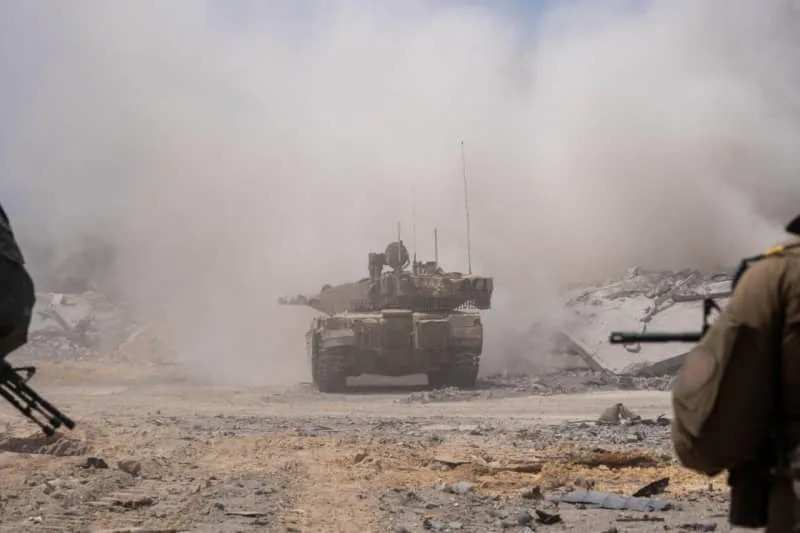Israel’s energy sector is facing significant vulnerabilities that could lead to electricity outages at critical sites during wartime, according to a recent study. Conducted by Dr. Erez Cohen from Ariel University, the research highlights the risks associated with the country’s overreliance on natural gas, limited storage capacity, and a centralized electricity system.
The study warns that Israel’s dependency on natural gas for approximately 70% of its electricity generation makes it particularly susceptible to disruptions caused by missile attacks, terrorism, or cyberattacks. The findings emphasize the need for urgent reforms to ensure energy security during times of crisis.
Key Weaknesses in Israel’s Energy System
The analysis, published in the scientific journal Energy Sources, Part B: Economics, Planning, and Policy, identifies four main weaknesses in Israel’s energy infrastructure:
1. **Overdependence on Natural Gas**: Israel primarily relies on natural gas from the Tamar and Leviathan fields, which lack strategic reserves. This reliance poses a risk if central facilities are targeted during conflicts.
2. **Supply-Demand Gap**: A report from the State Comptroller warns that by 2026, a shortage of natural gas could lead to economic consequences estimated in the hundreds of millions of shekels.
3. **Lack of Storage Capacity**: While renewable energy contributes around 12% of Israel’s electricity, inadequate storage systems mean that continuity of supply cannot be guaranteed in emergencies.
4. **High Centralization**: The national grid’s centralized nature means that damage to a major power station or gas platform could trigger widespread outages throughout the country.
Dr. Cohen’s analysis reflects on the implications of these vulnerabilities, particularly during the recent conflict in Gaza. He noted, “In the Gaza war, we saw how our dependence on natural gas made us vulnerable. Any malfunction or hit on a central facility could paralyze the entire economy at a critical moment.”
Proposed Solutions for Energy Resilience
To address these vulnerabilities, Dr. Cohen suggests a shift away from the current centralized model. He advocates for the development of local microgrids that would allow essential services, such as hospitals and water facilities, to remain operational even if the national grid fails.
“Israel can no longer afford to delay investment in energy storage,” he stated emphatically. “This isn’t an environmental luxury; it’s a national safety net. Without storage capacity, even renewable energy won’t save us in a moment of crisis.”
In addition to physical decentralization, Dr. Cohen emphasizes the importance of establishing a comprehensive digital and security defense network. He recommends creating a joint emergency coordination unit that would integrate the defense establishment, the Energy Ministry, and the Cyber Authority. This unit would manage the electricity sector in real-time during crises.
He concluded by highlighting the strategic importance of electricity, stating, “We tend to think of electricity as a consumer product, but in reality, it’s a strategic weapon. If we don’t ensure backup, storage, and decentralization, we may find ourselves in the dark precisely when we need the light the most.”
